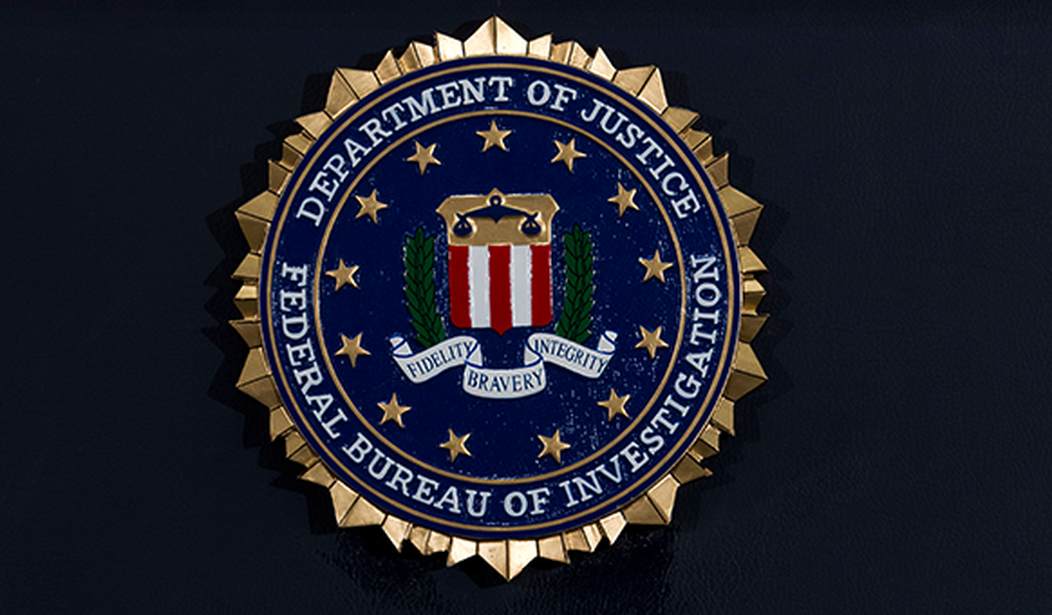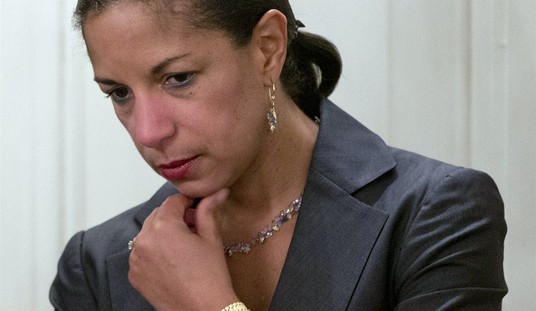On Tuesday, the Supreme Court issued another unanimous decision, though this one flew a bit under the radar (pardon the pun) relative to, say, for instance, the Colorado ballot/14th Amendment ruling from earlier in March. Rather than elections, this case involves national security and the Federal Bureau of Investigation's "No Fly" list — and possible recourse for individuals wrongly included on it.
The short version of the story is that Yonas Fikre's lawsuit against the FBI may proceed (for now) and wasn't rendered moot by the bureau's removal of Fikre from the list. The long version is a bit more involved.
The decision was a victory for Yonas Fikre, a U.S. citizen of Eritrean descent who was living in Sudan when he learned in 2010 that he had been placed on the list. When Fikre traveled to the United Arab Emirates a few months later, he was arrested, imprisoned, and tortured. Fikre eventually made his way to Sweden, whose government returned him to the United States in a private jet.
Fikre went to federal court in Oregon in 2013, alleging that the FBI violated his constitutional rights by placing him on the list. A federal district judge dismissed his case as moot after the FBI removed him from the list and promised not to put him on the list again “based on the currently available information.” But the U.S. Court of Appeals for the 9th Circuit revived Fikre’s lawsuit, prompting the FBI to seek review in the Supreme Court.
The thrust of the government's contention was that because Fikre's name was removed from the No Fly list (after he filed his suit), his claim became moot. The district court agreed with the government, but on appeal, the Ninth Circuit reversed, "holding that a party seeking to moot a case based on its own voluntary cessation of challenged conduct must show that the conduct cannot 'reasonably be expected to recur.'" The case was remanded to the district court, where the government then filed an affidavit "asserting that, based on the currently available information, Mr. Fikre would not be placed on the No Fly List in the future." So the district court again dismissed it as moot, Fikre appealed, the Ninth Circuit again reversed the decision, asserting that the government hadn't met its burden, and the FBI appealed to the Supreme Court.
The court's opinion, authored by Justice Neil Gorsuch, explains the burden of a defendant who contends a matter is moot after voluntarily ceasing the conduct complained of.
In a terse nine-page opinion, Gorsuch explained that under the Supreme Court’s cases, a defendant who ends the conduct at the center of a lawsuit and argues that the lawsuit is therefore moot has a “formidable burden” to show that its actions “cannot reasonably be expected to recur.” Otherwise, Gorsuch reasoned, defendants could stop the conduct at issue and then simply resume it after the case is dismissed.
In this case, Gorsuch emphasized, the government’s pledge that it will not return Fikre to the No Fly List based on “currently available information” does not meet the government’s high burden, and the case should therefore not be dismissed. Although the government’s promise “may mean that his past actions are not enough to warrant his relisting,” Gorsuch acknowledged, the government’s statement does not address whether Fikre might be returned to the list “if he does the same or similar things in the future — say, attend a particular mosque or refuse renewed overtures to serve as an informant.”
But that's not the end of the inquiry — merely the beginning, really. This is strictly a procedural ruling that holds — at this point — the case may proceed.
“Necessarily, our judgment is a provisional one,” Justice Neil Gorsuch wrote in the court’s opinion.
“Just because the government has not yet demonstrated that Mr. Fikre’s case is moot does not mean it will never be able to do so,” the conservative justice continued. “This case comes to us in a preliminary posture, framed only by uncontested factual allegations and a terse declaration. As the case unfolds, the complaint’s allegations will be tested rather than taken as true, and different facts may emerge that may call for a different conclusion.”
The concurrence, authored by Justice Samuel Alito and joined by Justice Brett Kavanaugh, included clarification regarding guarding against the necessity of disclosing classified information in order for the government to meet its burden.
“In at least some instances, requiring the Government to disclose sensitive information regarding its grounds for placing or removing a person from the No-Fly List could undermine the Government’s significant interests in airline safety and the prevention of terrorist attack,” Alito wrote.
So, Yonas Fikre will be able to pursue his claim against the government further unless and until the government is able to demonstrate that it cannot reasonably be expected to resume the challenged conduct (i.e., adding him back onto the No Fly list).
Again, though, this says nothing about the merits of Fikre's claim (or the government's maintenance of such a list). It just says the government cannot render a case moot merely by undoing what it initially did without some reasonable demonstration that it won't turn right back around and do the same thing.
The full opinion may be found here.
RELATED:
BREAKING: Supreme Court Hands 9-0 Victory to Trump in Colorado Ballot Case
Tucker Carlson — Are US Citizens Who Attended the January 6 Protests Now on the "No Fly List"?
A Major Airline Puts the Voters Who Confronted Graham and Romney on a No-Fly List














Join the conversation as a VIP Member